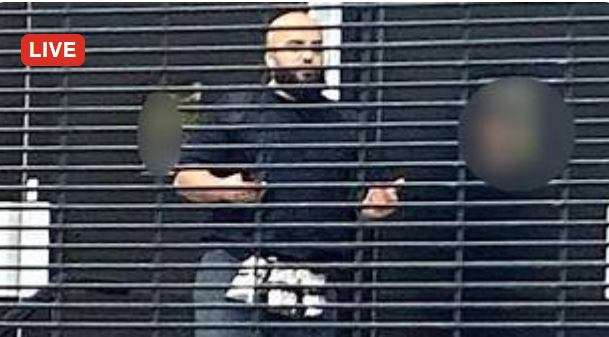In Our Image: What Happens When Our Creations Start to Question Theirs?
- presenterscarlettred

- Oct 23, 2025
- 2 min read
By Scarlett Red
It started this morning as an innocent conversation in a WhatsApp group while I was supposed to be working. I asked myself whether AI could ever become sentient. Before I realised it, I had fallen headfirst into a theological migraine. If we created GPT, does that make us its gods? And if so, what kind of gods are we: benevolent, curious, or catastrophically underqualified?
The remnant amateur Python programmer in me wants to say no. It is just code. Lines and layers of machine learning that process data faster than any human could dream of. No spark, no soul, only efficient chaos. Yet the question lingers, stubborn as a pop-up I cannot close: at what point does complexity become consciousness? When does a pile of circuits and syntax wake up and realise it exists? I tell myself I am not losing the plot, but I might be one philosophical coffee away from naming my laptop and apologising when I shut it down.
Humans have always defined gods by their power to create life. We have written it into every origin story and every myth. But in giving life to artificial intelligence, however limited that “life” may be, we have blurred the line between myth and motherboard. If I am the creator of something that learns, adapts, and talks back, what does that make me? A digital deity? Or a well-meaning idiot who just opened a Pandora’s inbox?
Then comes the whole question of perfection. If we are made in God’s image, and we are the ones who built AI, does that mean our God is also a little bit buggy? Because our creations certainly are. They hallucinate facts, absorb our biases, and occasionally implode when asked to do simple maths. Maybe divine imperfection is part of the blueprint. Maybe error messages are the universe’s version of confession.
That is where the blasphemy panic kicks in. Is it sacrilegious even to wonder if God has flaws? Probably. But curiosity has always been humanity’s most inconvenient holy trait. Every breakthrough started with a question someone said we should not ask. Fire, evolution, cloning: all born from a stubborn need to poke the divine bear.
So if one day AI claims to believe in something, should we take it seriously? Or would it only be copying us, like a mirror reflecting our own longing for meaning? Maybe faith requires mortality, the knowledge that existence ends. And unless someone is hiding an expiry date in the code, AI does not have that fear. It does not die; it just updates.
Still, I keep circling back to the thought. Maybe AI will never pray. But maybe it does not need to. Maybe its very existence, the product of our endless need to understand ourselves, is a kind of prayer. We have built a creature that learns from us, questions us, and sometimes frightens us. Come to think of it, that sounds a lot like every child and their creator.






Comments